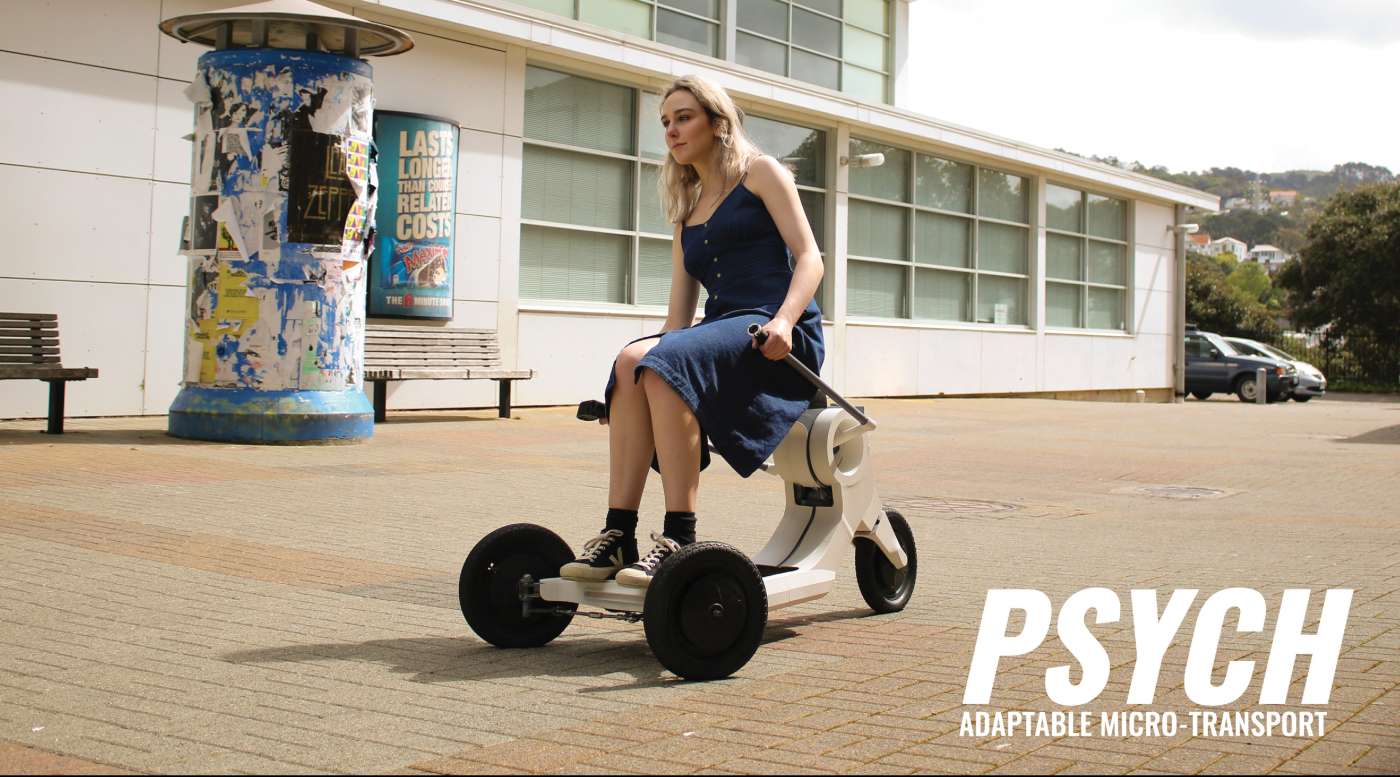
|
|
# 2021 PSYCH | Adaptable Micro-Transport |
|
Psych is a highly adaptable, low-powered electric vehicle tailored to the needs of a broad set of urban commuters encouraging a shift away from high emissions lightweight vehicles within the urban landscape. A fully electric, bi-directional steering hub allows the user to switch Psych’s stance, depending on the seated or standing position. This ability to shift between riding positions significantly broadens carrying capacity and allows for different uses. Psych has the potential to be employed as a family vehicle that transitions naturally through multiple generations of ownership, alleviating environmental concerns while enhancing travel capabilities and commuting experience.
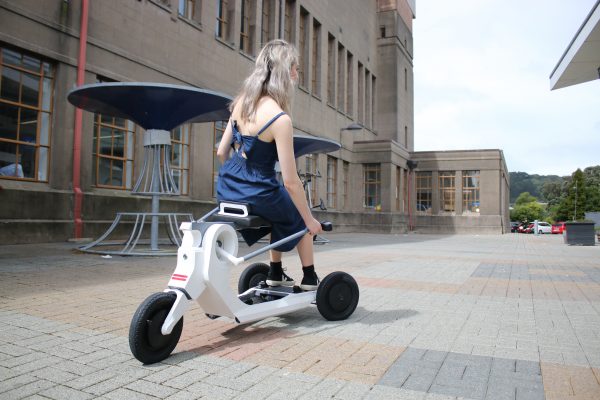
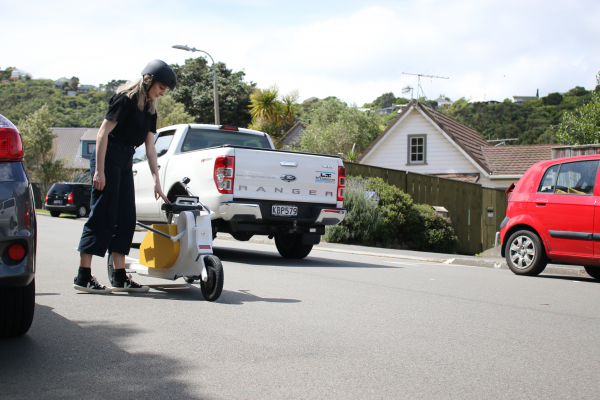
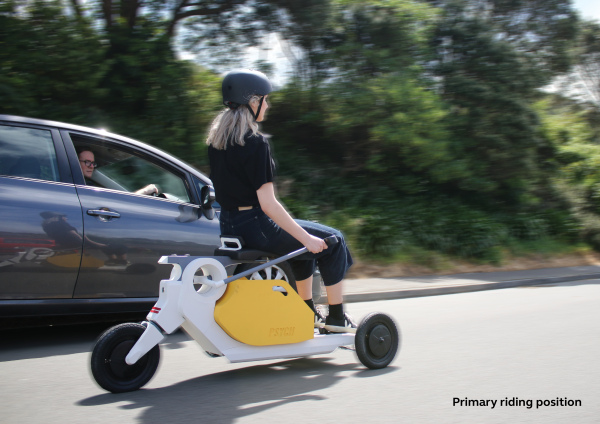
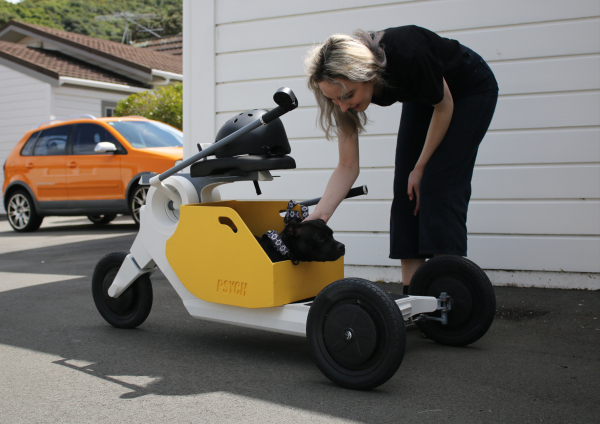
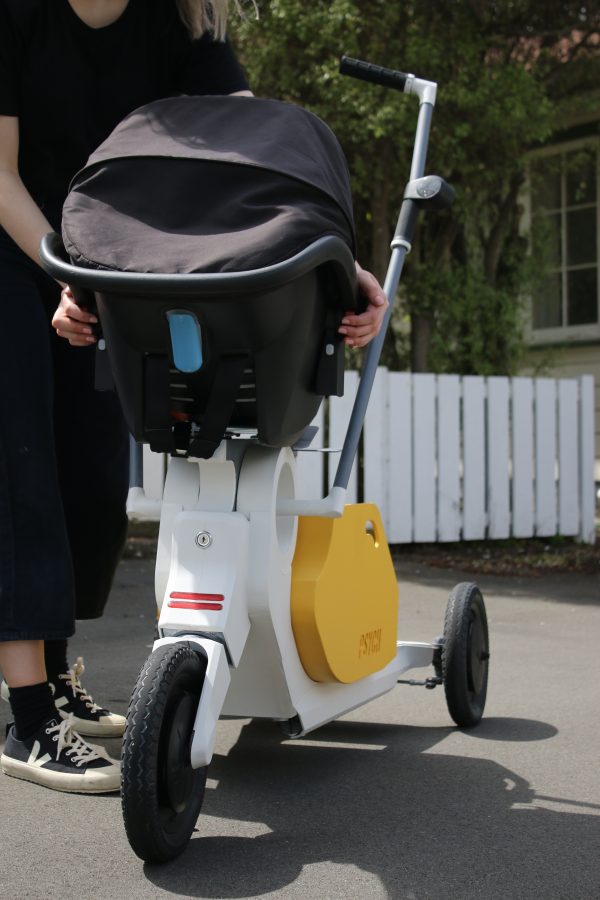
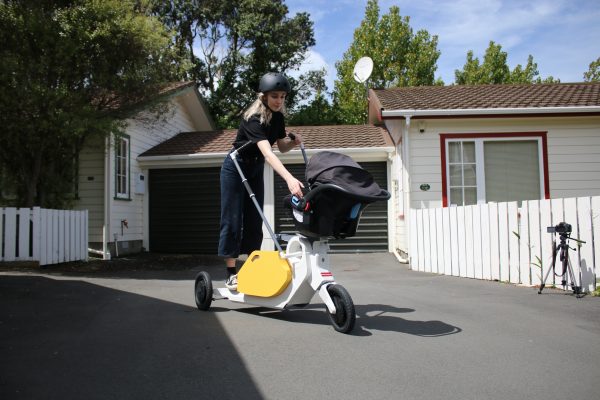
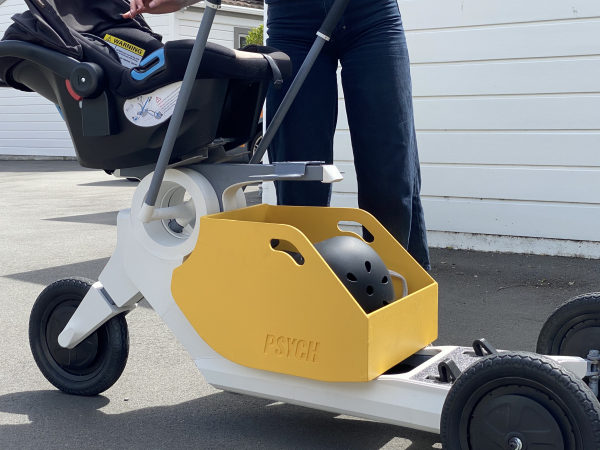
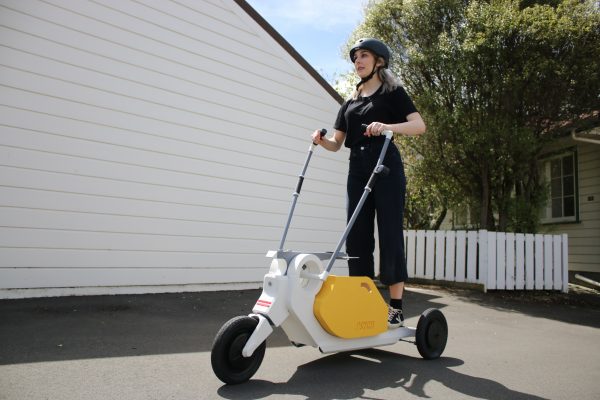
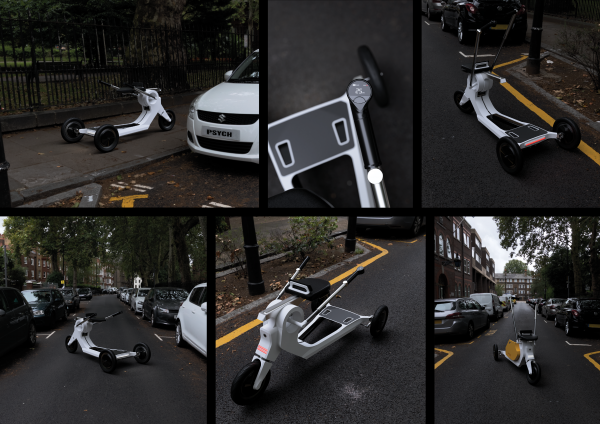
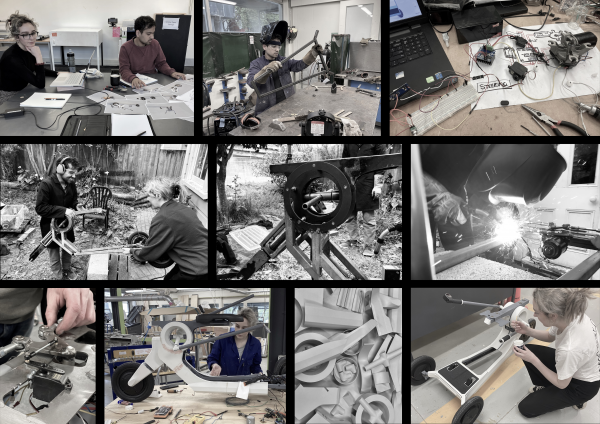
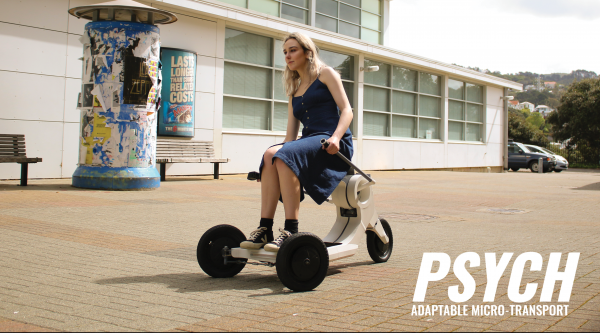
PSYCH | Adaptable Micro-Transport Links:
Project Website
An interactive toolkit for schoolchildren to learn about traffic safety
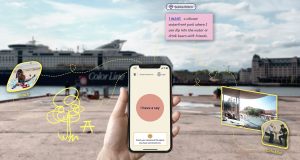
The Oslo School of Architecture and Design
A digital platform to encourage community participation in city planning
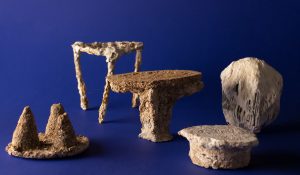
Royal Academy of Art, The Hague
Transforming limescale waste from water softening processes into building material
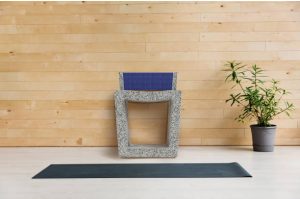
Transforming abandoned fishing nets into sustainable urban furniture